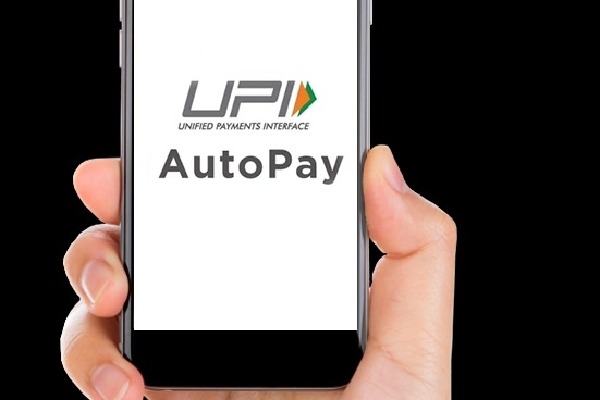Key UPI transaction changes that come into effect in New Year

New Delhi: The Unified Payments Interface (UPI) rules have gone through some key changes in the New Year to improve online banking and payment transaction experiences.
The National Payments Corporation of India (NPCI) have instructed payment apps to deactivate inactive UPI IDs that have not been active for more than one year.
The NPCI has also announced the launch of 'UPI for Secondary Market' in its Beta phase.
HDFC Bank has executed transactions via the NPCI's UPI payments app as part of the 'UPI for secondary market' facility.
During this pilot, investors can block funds in their bank accounts, which will only be debited by the Clearing Corporations upon trade confirmation during settlement. This Beta launch is facilitated by Groww as the brokerage app, alongside BHIM, Groww, and YES PAY NEXT as UPI apps.
Initially, HDFC Bank and ICICI Bank customers will be able to avail this facility.
Other stakeholders, including stockbrokers such as Zerodha, Customer’s banks like Axis Bank and Yes Bank, and UPI-enabled apps like Paytm and PhonePe are in the certification stage and set to participate in Beta launch soon.
The Reserve Bank of India (RBI) has also raised the UPI transaction limit for hospitals and educational institutions from Rs 1 lakh to Rs 5 lakh. The RBI also plans nationwide introduction of UPI ATMs, allowing cash withdrawal by scanning a QR code.
Hitachi Payment Services has introduced 'the country's first-ever UPI-ATM’ as a White Label ATM (WLA) in association with NPCI.
The RBI also proposes a 4-hour time limit for users making first payments over Rs 2,000 to new recipients.
The National Payments Corporation of India (NPCI) have instructed payment apps to deactivate inactive UPI IDs that have not been active for more than one year.
The NPCI has also announced the launch of 'UPI for Secondary Market' in its Beta phase.
HDFC Bank has executed transactions via the NPCI's UPI payments app as part of the 'UPI for secondary market' facility.
During this pilot, investors can block funds in their bank accounts, which will only be debited by the Clearing Corporations upon trade confirmation during settlement. This Beta launch is facilitated by Groww as the brokerage app, alongside BHIM, Groww, and YES PAY NEXT as UPI apps.
Initially, HDFC Bank and ICICI Bank customers will be able to avail this facility.
Other stakeholders, including stockbrokers such as Zerodha, Customer’s banks like Axis Bank and Yes Bank, and UPI-enabled apps like Paytm and PhonePe are in the certification stage and set to participate in Beta launch soon.
The Reserve Bank of India (RBI) has also raised the UPI transaction limit for hospitals and educational institutions from Rs 1 lakh to Rs 5 lakh. The RBI also plans nationwide introduction of UPI ATMs, allowing cash withdrawal by scanning a QR code.
Hitachi Payment Services has introduced 'the country's first-ever UPI-ATM’ as a White Label ATM (WLA) in association with NPCI.
The RBI also proposes a 4-hour time limit for users making first payments over Rs 2,000 to new recipients.

